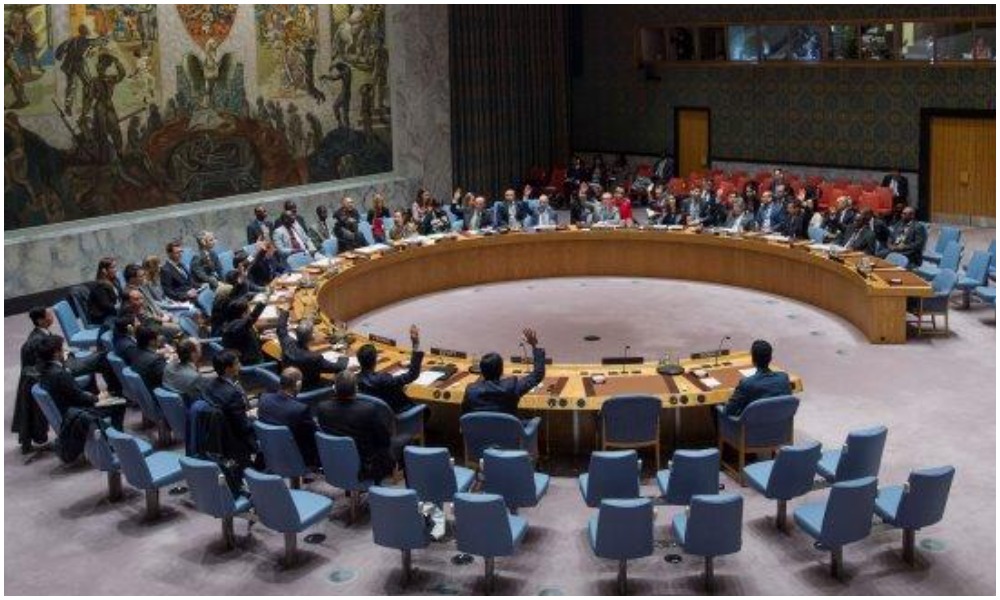The United Nations Security Council (UNSC) on Friday took the decision to extend for 12 months the mandate of the team monitoring sanctions against individuals and entities associated with the Taliban and emphasized its serious concerns about ongoing violence in Afghanistan.
The 15-member Council unanimously adopted Resolution 2557 (2020) and directed the Monitoring Team to gather information on instances of non-compliance with the measures and to facilitate, upon request by Member States, capacity-building assistance.
In a statement issued by the UNSC, the Council welcomed recent efforts by the Afghan government and the Taliban in facilitating intra-Afghan negotiations and highlighted the importance of ensuring that the Monitoring Team receives the necessary administrative and substantive support to effectively fulfill its mandate in a safe and timely manner.
This comes after Afghanistan’s Permanent Representative to the UN Ambassador Adela Raz addressed the Security Council briefing on the situation in Afghanistan on Thursday and said the work of the Monitoring Team assisting the 1988 Afghanistan Sanctions Committee is invaluable in tracking the Taliban’s activities, especially in overseeing the fulfillment of their commitments for peace, including their pledge to end all relations with al-Qaeda and other terrorist groups.
“We need to make sure that these commitments are reflected in the Taliban’s actions and that the Taliban are not engaged in any terrorist activity and are not working with or supporting any international terrorist group,” she said.
Raz stated however that reports from Afghan security and intelligence agencies, and the Monitoring Team state otherwise.
“The Taliban have increased their levels of violence and continued their relationship with international terrorist groups. As such, any leniency and flexibility on the sanctions against the Taliban, without real progress and reciprocity from them, will be counterproductive and detrimental to the peace negotiations,” she said.
Raz noted that as clearly outlined in the Secretary-General’s report, the security situation in Afghanistan remains highly volatile for civilians. Despite progress towards peace, the situation is indeed “worsening”.
The Report of the Secretary-General notes 10,439 security-related incidents during the reporting period, representing an 18 percent increase against the same period in 2019.
Raz said it must further be stressed that “anti-government” elements conducted 92 percent of all security-related incidents and 95 percent of armed clashes.
“The Taliban are engaging in targeted killings, attacks against public infrastructure such as schools, hospitals and bridges and have deliberately used people as human shields – actions that are in clear violation of international humanitarian and human rights law. This is unacceptable and reinforces the urgency of the government’s call and Secretary General’s call, for a comprehensive and immediate ceasefire,” she said.













